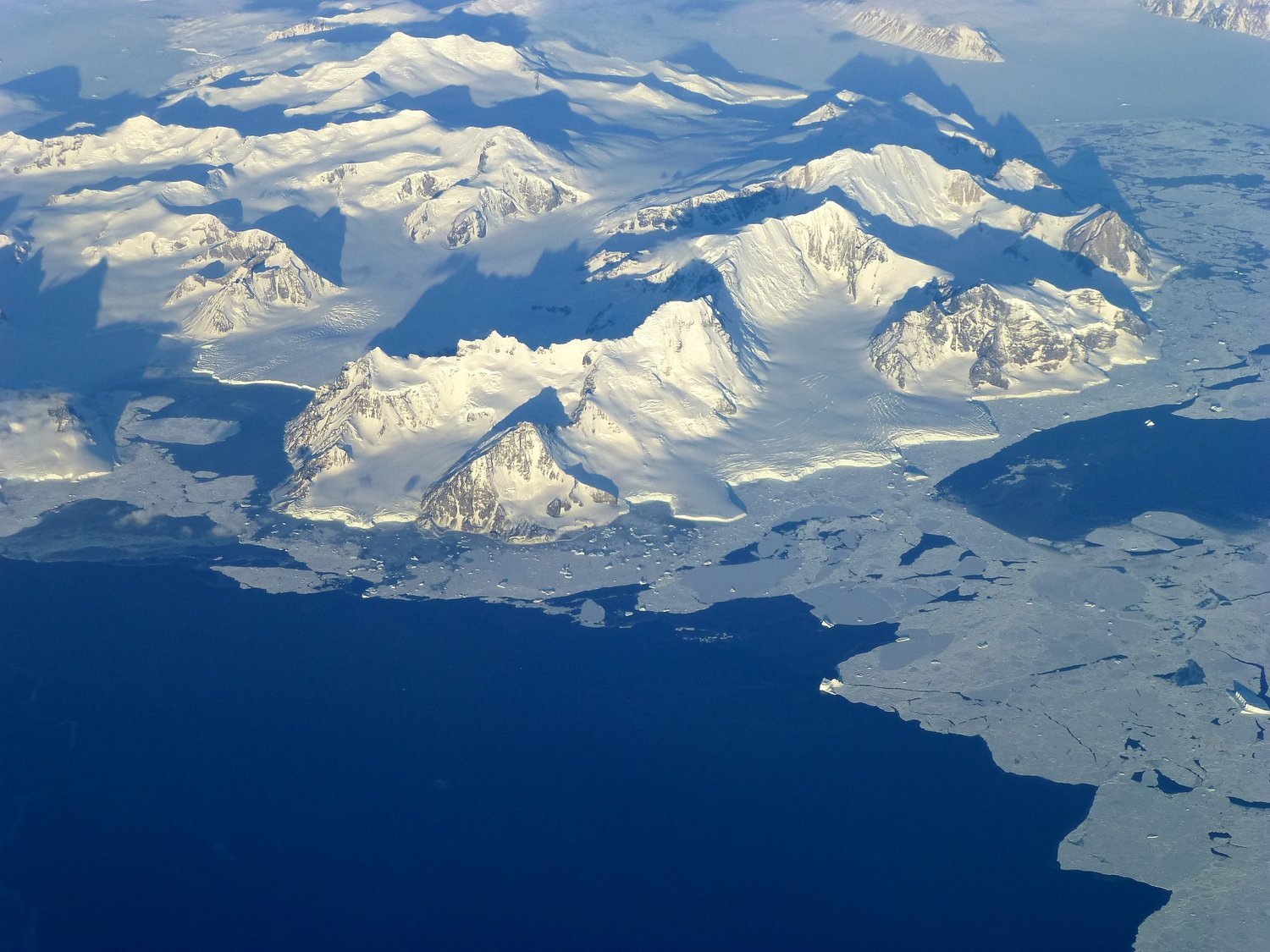
Antarctic Peninsula
The Western Antarctic Peninsula and South Scotia Arc regions are some of the most biologically important areas of the Southern Ocean and have experienced the impacts of a changing climate more than almost anywhere else on Earth. Regional warming is leading to changing weather conditions, substantial declines in sea ice formation, and winter habitat loss for wildlife such as Adélie and chinstrap penguins, crabeater seals, and Antarctic krill, a forage species that forms the base of the food web. Combined with concentrated fishing for krill in coastal areas, these changing conditions are putting a strain on this fragile ecosystem and its remarkable biodiversity. Consequently, the Commission for the Conservation of Antarctic Marine Living Resources (CCAMLR) is considering a proposal to establish a large marine protected area (MPA) in this region – a permanent large, no-take marine reserves based on scientific evidence that they strengthen ecosystem health, rebuild biodiversity, and boost climate resilience. An MPA in the Western Antarctic Peninsula and South Scotia Arc region should protect biodiversity hot spots, including unique benthic and pelagic habitats, to safeguard Antarctic krill populations, millions of breeding seabirds, marine mammals, and the greater ecosystem.


